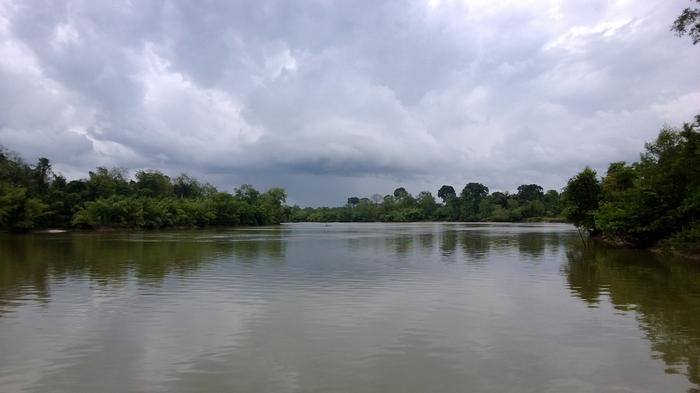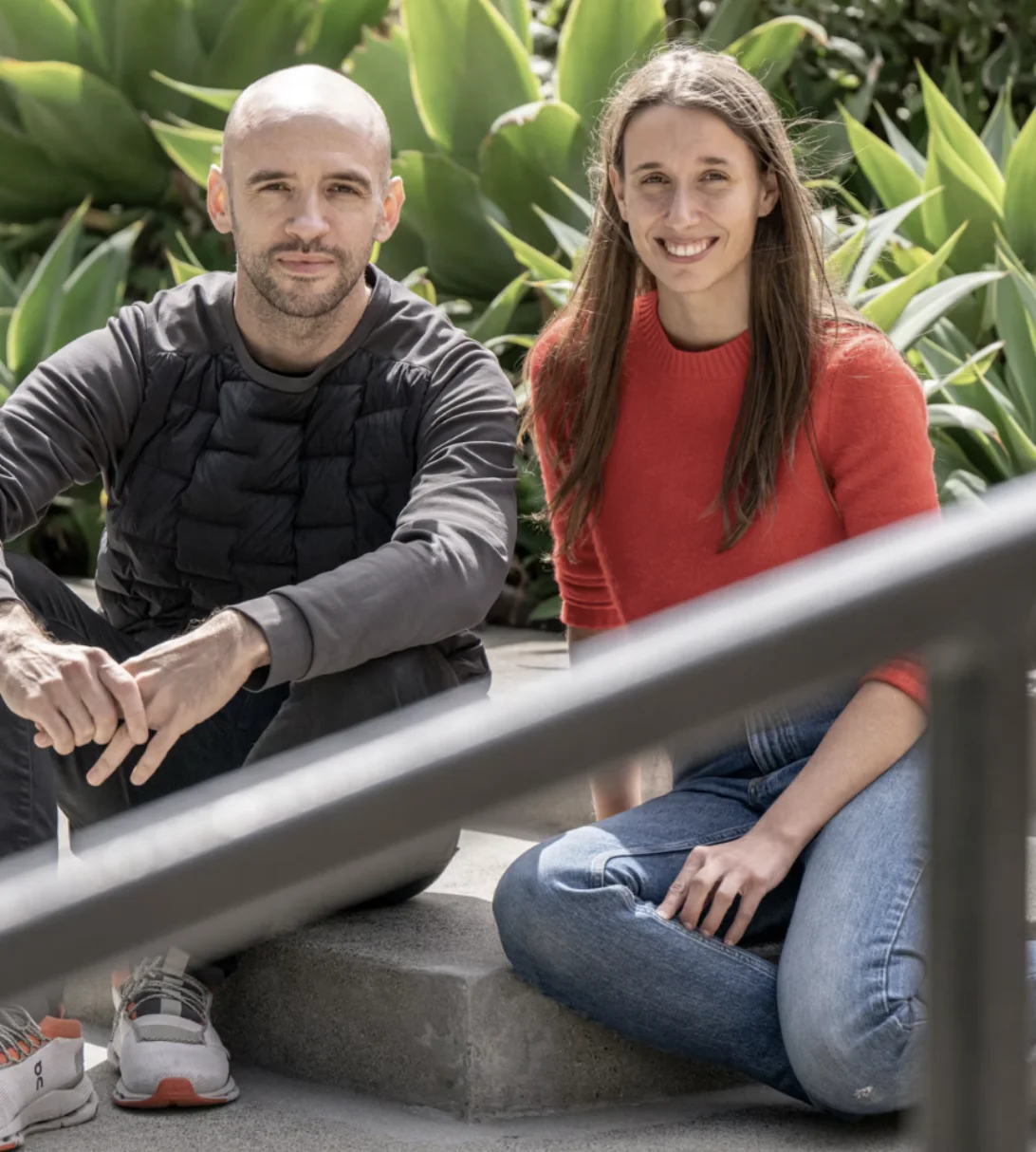Insider Brief
- Traditional Amazonian communities will use an AI-driven digital toolkit to monitor biodiversity and assert control over local ecological knowledge, under a new research initiative led by the University of Leicester and supported by UKRI.
- The C950,000 project aims to train residents of nine communities across three Brazilian states to catalogue their traditional knowledge of flora, fauna, and ecosystems, and link this information to scientific biodiversity databases for conservation and market access.
- The initiative, part of the UKRI-CNPq Amazon+10 programme, will enable traditional communities to participate in policymaking and bioeconomy development while preserving socio-biodiversity amid increasing environmental threats to the Amazon rainforest.
With £950,000 in funding from UK Research and Innovation (UKRI), scientists from the University of Leicester have launched a five-year project to help traditional Amazonian communities use artificial intelligence to track and protect biodiversity in the world’s largest tropical rainforest.
The initiative, part of the UKRI-CNPq Amazon+10 programme, aims to develop a digital AI-powered toolkit that enables local communities to document their ecological knowledge and monitor environmental changes, according to the university. Researchers from Brazil and the UK will work with nine traditional communities across three states in Brazil’s Legal Amazon region: Pará, Amazonas, and Maranhão.
“We’re not only studying social-biodiversity but hoping to enable traditional communities in the region to maintain control over their resources and territories, which are vital to region’s ecological as well as social sustainability,” Dr Ben Coles from the University of Leicester School of Geography, Geology and the Environment said in a statement. “It’s about making science more responsive and relevant to the people who live in, and depend on, the forest, as well as saving the Amazon for the future.”
According to Leicester, the tool will be designed to support the concept of “socio-biodiversity,” the interdependence between ecosystems and the people who manage them. Many of the 70 million people living in the Amazon region depend directly on forest resources, not through deforestation, but through activities that rely on maintaining the health of ecosystems. These traditional communities possess generations of detailed understanding of local flora, fauna, and the way ecosystems function.

Led by geographer Ben Coles of the University of Leicester’s School of Geography, Geology and the Environment, the project brings together experts in environmental science, data science, and local governance. One goal is to catalogue traditional knowledge and integrate it with scientific biodiversity databases. The AI system will be trained to recognize ecological patterns described by local residents and match them to global datasets, effectively translating field observations into structured data that can be used for conservation and policy engagement.
The team plans to train community members in using digital tools and AI systems for biodiversity tracking. This participatory approach is intended to give communities ownership of both their knowledge and the data that emerges from it. By making this information accessible through a digital platform, the researchers hope to provide a bridge between traditional knowledge systems and global conservation science.
The project also has economic goals. By validating and documenting traditional practices, it may help Amazonian communities engage with markets that reward sustainable land use and biodiversity stewardship. The digital toolkit could serve as a mechanism to assert territorial rights, participate in climate resilience planning, and benefit from the growing interest in ethical sourcing and conservation-based supply chains.
Involving NGOs and policymakers will ensure the results of the project feed into broader environmental governance frameworks. Coles and his collaborators, including Professor Nirvia Ravena at the Federal University of Pará and researchers from nine other Brazilian institutions, aim to produce tools that balance scientific credibility with local applicability.
While the project emphasizes empowerment and equity, it also acknowledges the escalating threats facing the Amazon, from illegal logging to shifting political priorities. By combining grassroots participation with AI capabilities, the research offers a model for resilient, community-based environmental management.
“The Amazon’s a big place,” Coles noted. “This exciting project is a crucial step towards understanding the region’s complex social and ecological dynamics on the ground.”






